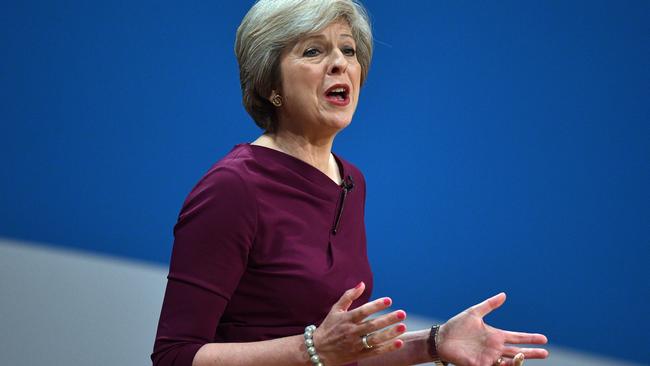
They would be leaving a government organisation that had assets but carried huge liabilities. In particular a break up of Australia would leave the remaining states in the Commonwealth being required to meet Australia’s largest single long-term debt problem--- the unfunded Commonwealth public servants scheme.
The public servants would demand cash from the exiting state.
And that’s exactly what’s happening in the negotiations to allow Britain to exit the European Economic Community. The exit bill was not highlighted in the Brexit debate leading to the plebiscite but now it’s the major negotiating issue. And it will be made even more complicated if Scotland has a second referendum and seeks to leave the UK. What should they pay?
The uncertainty about the amounts involved is one of the reasons the pound has taken such a battering in money markets and this is likely to continue until the issue is resolved.
However the good news is that it is forcing all the European governments to face the long-term costs of their promises to public servants, plus the EU pledges and promises to troubled member states.
In Australia we rarely focus on such issues.
The Financial Times has detailed some of the liabilities that are now being negotiated. Britain is being asked to share unpaid budget appropriations of massive €241bn; pensions liabilities of €63.8bn and future contractual and other spending commitments totalling about €32bn — a total of more than €330bn. In previous years Britain has concentrated on negotiating as low as possible its annual commitment and has minimised its cash payment towards these liabilities.
The UK’s net contribution to the EU budget is about 12 per cent so Britain’s share of the €330bn would be about €40bn. Offsetting that €40bn are assets of the EU, so The Financial Times estimates a possible bill of €20bn.
But the Europeans point out that there are many other items that should be put on the bill including the fact that, just as in Australia, the real pension bill is much more than the official estimate; there are additional shared contingent liabilities of €57.8bn and other loan guarantees of €21.4bn.
The FT says these additional liabilities include joint pledges to stand behind outstanding EU bailout loans to Portugal and Ukraine and to estimated liabilities from dismantling a nuclear site. If the €80 billion plus in additional liabilities were included then Britain’s exit bill would rise to more than €30 billion.
And it goes further. Prime Minister Theresa May has promised to continue payments for European security and crime-fighting measures.
My guess is that if the Europeans are too tough in the negotiation, the UK will threaten to withdraw its security protection at a time when Germany, the Latvian states and other EU members are petrified of a Russian military thrust.
But none of these issues were highlighted in the plebiscite debate and the fact that they are now being revealed is causing community anger and a demand that Theresa May take a tough line.
But if the UK exits with outstanding unresolved matters it will weaken its position as a trading nation.




Imagine the hypothetical situation where one or more of the Australian states — say Victoria, Western Australia or Queensland — voted to leave the Commonwealth of Australia.